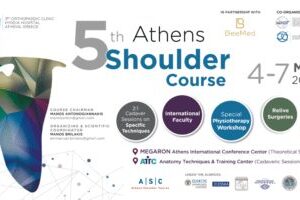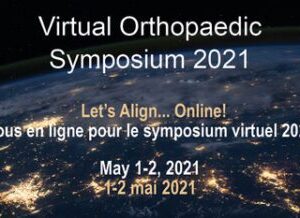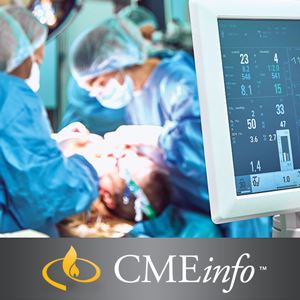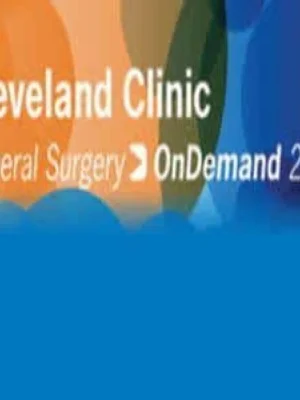No products in the cart.
General Surgery, Orthopedics, Urology
Osler General Surgery 2022 Online Review (VIDEOS)
49 Videos + 5 PDFs
File Size = 6.17 GB
$70.00
[
Osler General Surgery 2022 Online Review ( VIDEOS)
This comprehensive review is designed to update your clinical knowledge base and help you pass your General Surgery exams. Emphasis is on evidence-based medicine and board-relevant standards of care, incorporating current best practice concepts, surgical approaches, and clinical follow-up strategies. As a result, it provides a good review for your ABS written exams and a thorough general surgery review for physicians in practice. In addition, many previous learners have found the course provided them with improved diagnostic and planning strategies, a better understanding of the best surgical approaches for the principal areas covered by general surgeons, and helped them recognize areas of weakness for self-study.
Objectives
After this review, each participant will be able to:
Summarize the basic science fundamentals underlying patient management as applied to general surgery.
Describe preoperative, operative, and postoperative patient care in the principal component areas of general surgery: specifical diseases of the head and neck, breast, skin and soft tissues, alimentary tract, abdomen, vascular system, endocrine system, comprehensive trauma management, and emergency operations, and critical surgical care.
Discuss the principles of perioperative patient care in the surgical specialties of cardiothoracic surgery, pediatric surgery, and transplant surgery.
Summarize the clinical care of patients with common problems in urology, gynecology, orthopedics, and burns.
Demonstrate an understanding of tumor staging and describe the appropriate surgical and nonsurgical management required.
Discuss non-operative management options for general surgery patients who may not require surgical intervention (e.g., patients with pancreatitis, portal hypertension, immunosuppression, multiple traumas).
Outline the appropriate use of newer diagnostic and therapeutic methods such as laser-based applications; stereotactic breast biopsy; physiologic testing and evaluation of the GI tract; noninvasive vascular system diagnostic evaluation and invasive vascular interventional techniques; ultrasonography of the head and neck, breast, and abdomen; and endorectal ultrasound.
Faculty & Topics
Cory Barrat, MD, FACS, FASCRS
Senior Staff Surgeon,
The Jewish Hospital – Mercy Health,
Cincinnati, OH
Anorectal and Colorectal – Benign Disorders, Anorectal and Colorectal – Malignant Disorders, Small Bowel and Spleen
Release Date: July 29, 2022
]





